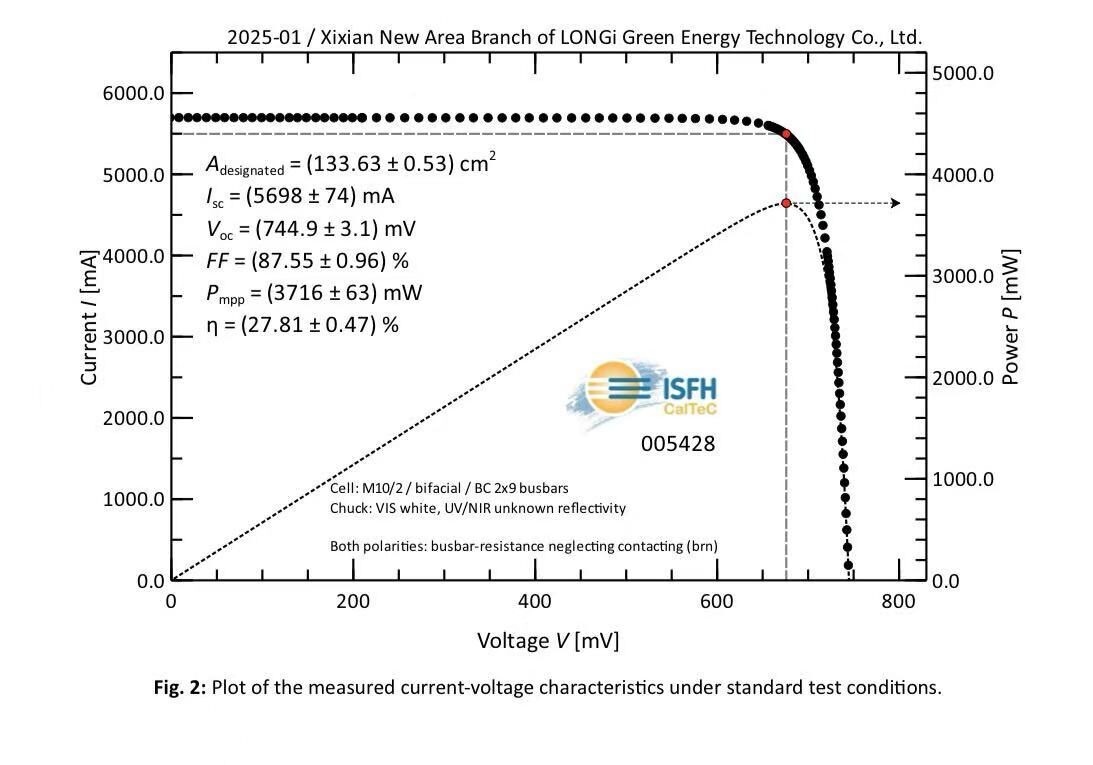The Philippines' Department of Energy (DoE) has published the list of operational renewable energy projects that are eligible for the renewable portfolio standards (RPS), which mandates the country's electricity providers to source an agreed portion of their energy supply from renewable energy power projects.
The list includes 62 solar projects totaling 1,312.9MW, 36 hydropower facilities equaling 412.8MW, 36 biomass schemes with an aggregate capacity of 264.8MW, seven wind farms with a total power of 409.9MW, and six geothermal power plants totaling 218.5MW.
As for the solar source, the selected projects range in size from 0.21 to 100.6MW. According to the document, some plants have already been operating under the country's FIT scheme, while others were planned to operate under the Wholesale Electricity Spot Market (WESM) or a bilateral power purchase agreement (PPA).
According to the DOE Secretary, Alfonso Cusi, around 8.5GW of renewable energy projects participated in the selection process.
The minimum level of electricity contracted from renewable energy (RE) developers under the RPS scheme is currently 1% but the DoE is now considering raising it to 2.52% starting from 2023.
Recent statistics released by the International Renewable Energy Agency show that the Philippines had an installed PV capacity of 1.04GW under the country's renewable energy law at the end of 2020. Most of the nation’s solar facilities were secured under the old feed-in tariff regime, auctions, and net metering programs.
The government of the Philippines also launched a 2GW renewables auction last June. Overall, it plans to install 15GW of renewables capacity by 2030.
This content is protected by copyright and may not be reused. If you want to cooperate with us and would like to reuse some of our content, please contact: editors@pv-magazine.com.




2 comments
By submitting this form you agree to pv magazine using your data for the purposes of publishing your comment.
Your personal data will only be disclosed or otherwise transmitted to third parties for the purposes of spam filtering or if this is necessary for technical maintenance of the website. Any other transfer to third parties will not take place unless this is justified on the basis of applicable data protection regulations or if pv magazine is legally obliged to do so.
You may revoke this consent at any time with effect for the future, in which case your personal data will be deleted immediately. Otherwise, your data will be deleted if pv magazine has processed your request or the purpose of data storage is fulfilled.
Further information on data privacy can be found in our Data Protection Policy.